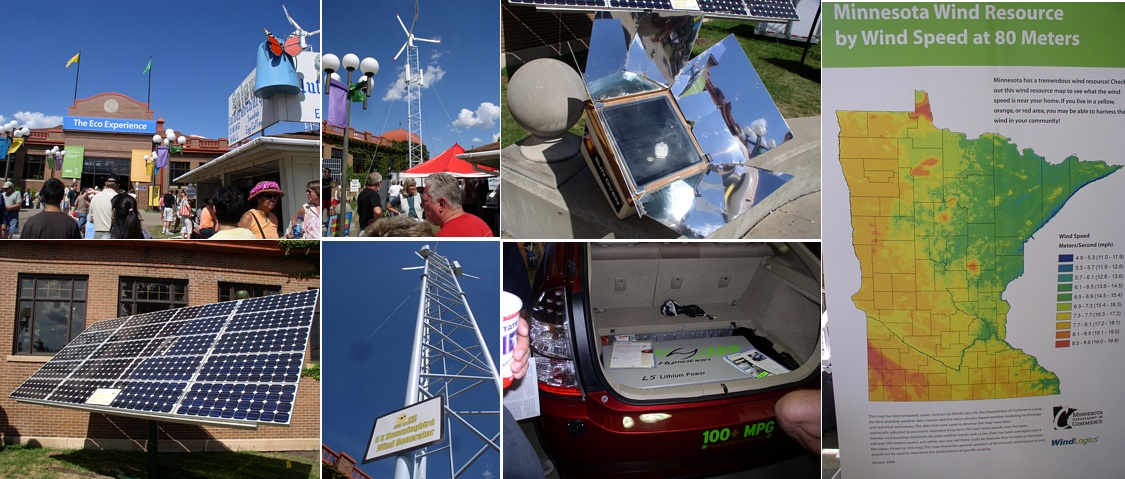It just can't be true, can it? Is there any chance in the world that burning corn as a fuel can be an environmentally good fuel?
Websites selling "Corn stoves" talk about how much cheaper they are to run over every other fuel.
http://www.goldengrainstove.com/The problem for me is that corn is NOT grown in any sort of sustainable way. It requires high energy input, fertiliers from natural gas, planted and harvested from diesel tractors.
I can consider the possibility that there may be "surplus" corn, never used, and otherwise wasted. When you have a "waste product", then it can be economical to find a use for it. In this case it is waste because food production needs a surplus to handle poor years, but when good years come there's too much, so other uses can be found.
If corn really can be sold as a cheaper fuel than natural gas or coal or wood, then you have to believe corn stoves will continue to be sold until the surpluses meet demand. And since it is a secondary production, users dependent upon corn will find themselves with shortages in bad years and prices will likely rise even higher than other fuels, and people who don't have alternative heating fuels will be forced to pay.
Now I come to a strange point. If "heating corn" costs say $x/bushel, and "food corn" costs say $x/2 per bushel, then there's going to be a competition between food and fuel at some level, whether you're talking human food, or animals, or whatever.
It is possible than corn now is sold at $2X/bushel for food, and the fuel value will always be lower. I only consider the fuel value is higher since the value of corn is so much less than other fuels. If burning is only good for "strategic surpluses", then the "corn stove" solution is not scalable. It can only benefit a small fraction until they exceed the supply, when prices will put their fuel comparable to other fuels. If fuel value is greater than food, then growth could affect the corn production as higher prices encourage more production.
Now finally the missing element is how much corn production is subsidized by the government. If corn farmers receive a subsidy against low prices, then prices stay low and food prices may be lower. If corn is grown primarily as a fuel, then we're subsidizing fuel production. Is that bad?
The problem is the subsidy will encourage more production while we don't even know what the energy balance is. In short - how much energy goes into corn production and processing into fuel, what is the source of that energy, and how much energy is left in the fuel to burn?
If we're burning coal, natural gas, gasoline, and diesel in order to create a fuel that REPLACES these fuels, we can be fairly confident we've got a losing proposition. That is we have a chance for a positive energy balance due to "free sunlight", but it's got to be determined!
Otherwiser we may find ourselves with a million homes heated by corn and then determine we're subsidizing an energy loss!
SO that's why I'm annoyed - I can find any statements on energy in/out for burning corn as a fuel.
I mean just read this shit:
http://corngrill.com/As our forests, oil and other energy sources are continually depleted, corn is replenished annually. It is a never-ending energy source, and thus is the new alternative fuel of choice. Corn is friendly to the environment. It contributes oxygen to the atmosphere while growing, and poses no safety or pollution hazards. Corn is abundantly and universally available. And you could grow it if you had to... It's so blatantly false logic, disregarding what energy is used to create the corn. Do people really believe this? Of course a website SELLING stoves will LIE and EXAGGERATE, but it still pisses me off.
I'll have to keep looking!

